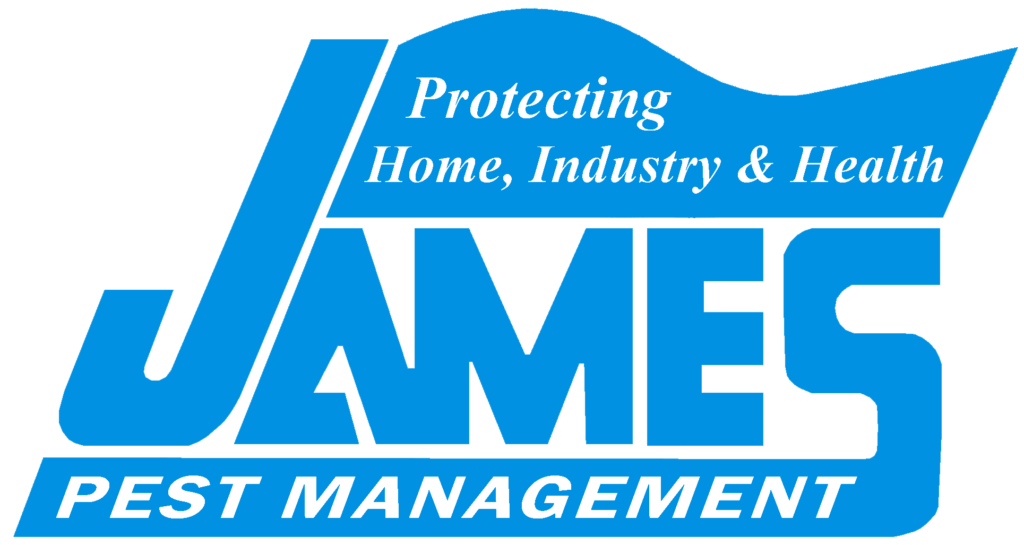Ants are one of the most common household pests, and they can be challenging to get rid of. Many people try to tackle the problem themselves, but this can often be more difficult and dangerous than worthwhile. Several risks come with trying to do your ant control, and it is often best to leave it to the professionals.
Here are some of the risks associated with do-it-yourself ant control:
You could make the problem worse: If you don’t know what you’re doing, you could worsen the situation. Ants are tough to get rid of, and if you don’t see what you’re doing, you could exacerbate the problem.
James Pest has the experience and knowledge to get rid of ants properly, and they know how to do it in a way that won’t end up making the problem worse. Ending up making the problem worse will be a considerable inconvenience, but it could also cost you more in the long run.
If you use pesticides or other chemicals, you could damage your furniture, carpeting, or walls. Ant control services have the experience and expertise to get rid of ants without damaging your property.
You could end up with toxic chemicals in your home: One of the most common DIY ant control methods is to use chemicals. These chemicals may initially kill the ants, but they can also be toxic to humans and pets. Some of the available products to people who want to do their own ant control can be very toxic. If they’re not used correctly, they can cause health problems. In some cases, they can even be deadly.
In addition, they can linger in the environment long after the ants are gone, posing a continued risk to those living in the home.
Ant control services professionals provide is a much safer and more practical option for dealing with ants. using eco-friendly methods that effectively eliminate ants while being safe for people and animals. In addition, professional services can help to prevent future ant infestations.
Baits are often ineffective: One of the most significant risks associated with do-it-yourself ant control is that tricks are often useless. Ant baits may seem like an attractive option, but they usually only work if the entire colony takes the bait. If only a few ants find the bait, they will continue to forage for food, and the colony will eventually rebuild. This means that homeowners who use baits may discover an even bigger ant problem than before.
In addition, baits can be dangerous to children and pets. If the appeal is ingested, it can cause serious health problems. Ant baits should always be kept out of reach of children and pets.
You can acquire injury: Ant bites or stings can be painful and, in some cases, even poisonous. If you’re not careful, you could get bitten or stung. Ant control services have the experience and expertise to get rid of ants without getting hurt.
So, if you’re thinking about doing your ant control, be sure to weigh the risks and benefits before deciding. It’s always best to leave it to the professionals if you can.
Here are some tips to prevent ant infestation:
Preventing an ant infestation is much easier than getting rid of one. There are a few simple things you can do to keep ants out of your home:
- Ants are attracted to food, so keep your kitchen clean and free of crumbs.
Ants are attracted to food, so the best way to prevent them from coming into your home is to keep your kitchen clean. Wipe up spills immediately, and don’t leave food out on the counters.
- Ants are also attracted to moisture, so repair any leaks and keep surfaces dry.
Ants are attracted to moisture, so even a tiny leak can provide them with the water they need to survive. Once ants have access to water, they will quickly establish a colony and begin to multiply. In addition, ants often build their nests in wet areas, so keeping surfaces dry will make them less likely to choose your home as their new home.
- Seal cracks and crevices around your home where ants might enter.
Ants can enter your home through even the smallest of cracks. Inspect your home for any damages or openings, and seal them with caulk or another sealant. This will help to prevent an ant infestation before it starts.
- Ants are attracted to sweet smells, so avoid using scented products near potential entry points.
Ants are attracted to sweet smells so that they can draw any products with a strong smell, like perfumes or lotions. In addition, scented candles or air fresheners can also attract ants. Keep these products away from windows and doors to help prevent an ant infestation.
- Keep trees and shrubs trimmed away from your home.
Ants often use trees and shrubs as bridges to access homes, so by trimming them back, you can make it more difficult for ants to reach your windows and doors.
- Ants often travel along sidewalks and driveways, so clean these areas regularly.
Ants are attracted to dirty or cluttered areas, so it is essential to regularly sweep these areas clean to prevent an ant infestation. Ant control services can help to get rid of existing ant colonies, but preventing them from setting up camp in the first place is the best way to keep your home ant-free.
- Store food in airtight containers.
Once ants find a consistent food source, they will continue to come back and bring more ants with them each time. The best defense against ants is to eliminate their food source by storing food in airtight containers. This will prevent them from being able to smell the food and will ultimately discourage them from entering your home in search of a meal. In addition to sealing up your food, you should also regularly clean your kitchen and dining areas to remove any crumbs or spills attracting ants.
- If you have an ant problem, don’t try to do the job yourself. Hire a professional ant control company to safely and effectively eliminate the problem.
If you’re concerned about ants in your home, call James Pest Control. Our ant control services are designed to quickly and effectively eliminate your problem, so you can rest easy knowing your home is safe from these pests. Contact us today to schedule a consultation and get started on protecting your home from ants.

